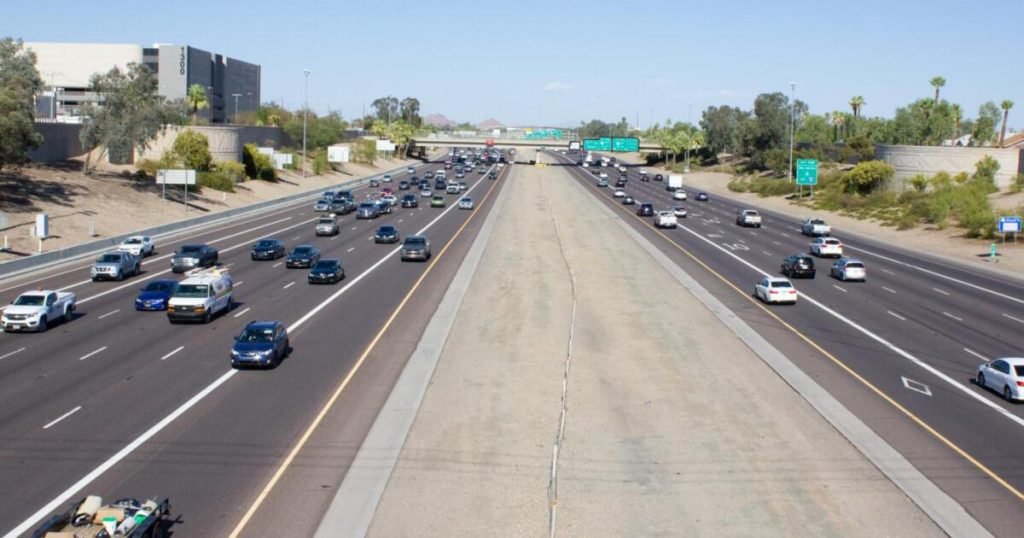The Maricopa County Republican Party has filed a lawsuit challenging a transportation sales tax extension that county voters likely approved on this year’s ballot.
Official results show 59.83% of Maricopa County voters approved Proposition 479.
In a lawsuit filed in Maricopa County Superior Court, the Maricopa County Republican Committee argued that at least 60% support is needed for the bill to pass. The county party cited Proposition 132. It’s a state constitutional amendment passed by voters in 2022 that requires taxes to receive a supermajority vote to pass on the ballot.
“Thus, the Proposition 479 tax failed to garner the constitutionally required percentage of voters in favor or against it in order to become law and a tax in Maricopa County, Arizona,” the complaint says.
Mike Huckins, vice president of the Phoenix Chamber of Commerce, who worked on the campaign to pass Prop. 479, said proponents of Prop. 479 asked during the campaign whether the 2022 rules would apply to their policy. He said he is considering it and believes it does not meet the 60% standard.
“We took comfort in the fact that the proposals that were passed several years ago were targeted at statewide issues rather than local issues,” Huckins said.
That is supported by an Arizona Court of Appeals opinion filed in June rejecting a similar argument seeking to invalidate a tax approved by 51% of Cochise County voters in 2023.
The 2022 state constitutional amendments specifically apply to citizen initiatives and issues referred to voters, also known as referendums.
but, When the state Legislature authorized Maricopa County to send Proposition 479 to voters. In 2023, he clearly stated that this was not a referendum.
“This provision does not require that provisions of the law be submitted to the people for approval under a referendum power.” according to law.
And the appeals court ruled that the county’s tax plan also did not qualify as an initiative.
“Contrary to contestant claims, the tax measure at issue was not an initiative. It was not proposed by voters…rather, by the Cochise County Board of Supervisors and the Cochise County Jail District Board of Directors. Proposed and submitted to voters on the basis of: [state law],” According to the appellate court opinion in the Cochise County case.. “Therefore, the constitutional provisions regarding initiatives do not apply.”
Huckins said the Prop. 479 campaign is asking the court to intervene in the lawsuit so the Maricopa County Republican Committee can file a motion to dismiss the lawsuit, arguing that the 2022 tax law does not apply. Ta.
A spokesperson for the Maricopa County Attorney’s Office confirmed that the county also plans to file a motion to dismiss the case.
A copy of the motion is not yet available, but Huckins said he believes Maricopa County will argue that the lawsuit constitutes an election dispute and that the county Republican Party missed the deadline to file that type of challenge. spoke.
















